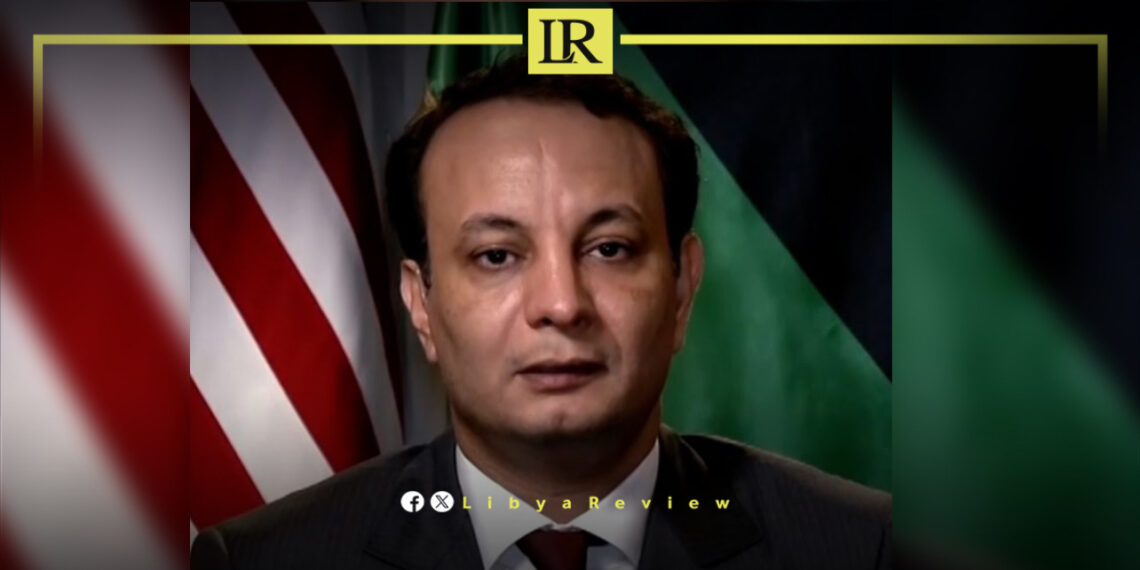On Tuesday, the Director-General of the Libyan Development and Reconstruction Fund, Belgassim Khalifa Haftar traveled to Washington, D.C., at the invitation of the U.S. Department of State. His visit focused on discussions with American officials to coordinate efforts in rebuilding Libya, especially in regions devastated by the catastrophic floods of 2023.
In an exclusive interview with the U.S.-based Alhurra TV, Haftar shared insights into the ongoing reconstruction work in Derna, a city that was hit particularly hard by last year’s natural disaster. “Half of Derna was destroyed at the time,” Haftar recalled. “But today, a year later, everything has changed. We’ve rebuilt the valley that was wiped out, restored hospitals that had been in disrepair for years, and repaired schools, electrical grids, and other vital infrastructure.”
Despite this progress, Haftar emphasized that the challenges in Derna and other flood-affected areas remain significant. He noted that healthcare, education, and infrastructure, such as roads and power systems, are still in dire need of further attention. “The health sector is in especially poor condition,” he explained, adding that his team is committed to transparency and accountability throughout the reconstruction process. “Our operations are legally structured, all contracts are public, and we have robust internal monitoring systems to ensure everything is done according to the law.”
Haftar also revealed that the Reconstruction Fund’s efforts are not confined to flood recovery alone but extend across Libya. Special attention, he said, is being given to the country’s southern regions, particularly Sabha and Kufra, which have suffered from years of neglect by successive governments. “The southern cities have been overlooked for too long. We are committed to focusing on these areas to bring them the development they deserve.”
Libya’s reconstruction efforts, Haftar highlighted, are supported by both the eastern and western regions of the country, signaling a rare moment of national unity. “Libyans are beginning to see tangible improvements in various sectors, and there is strong consensus across the country on the importance of rebuilding.”
When asked about potential foreign partnerships, Haftar clarified that while no deals with Russia or China are currently in place, many nations are eager to participate in Libya’s reconstruction. “Countries from around the world are coming to the table to discuss how they can contribute. Libya needs large, experienced companies to handle the scale of work required across multiple sectors,” he explained. The door, Haftar stressed, is open to any nation with the expertise and resources to help rebuild Libya.
He also mentioned recent meetings in Turkey, where discussions with the Turkish Ministry of Foreign Affairs explored ways the two countries could collaborate on reconstruction projects. These talks reflect Libya’s openness to forming international partnerships to help drive its recovery.
Belgassim Haftar’s role is critical in leading Libya’s efforts to rebuild after years of civil conflict and natural disasters. The Libyan Development and Reconstruction Fund was established to address the massive destruction wrought by the country’s decade-long conflict, worsened by the floods in Derna. Thousands were killed, and countless more were displaced in one of the most tragic disasters Libya has faced in recent memory.
Belgassim Haftar has taken on the enormous responsibility of rebuilding the nation. His leadership is marked by a focus on transparent governance and accountability, key elements in gaining the trust of both Libyans and international partners.


